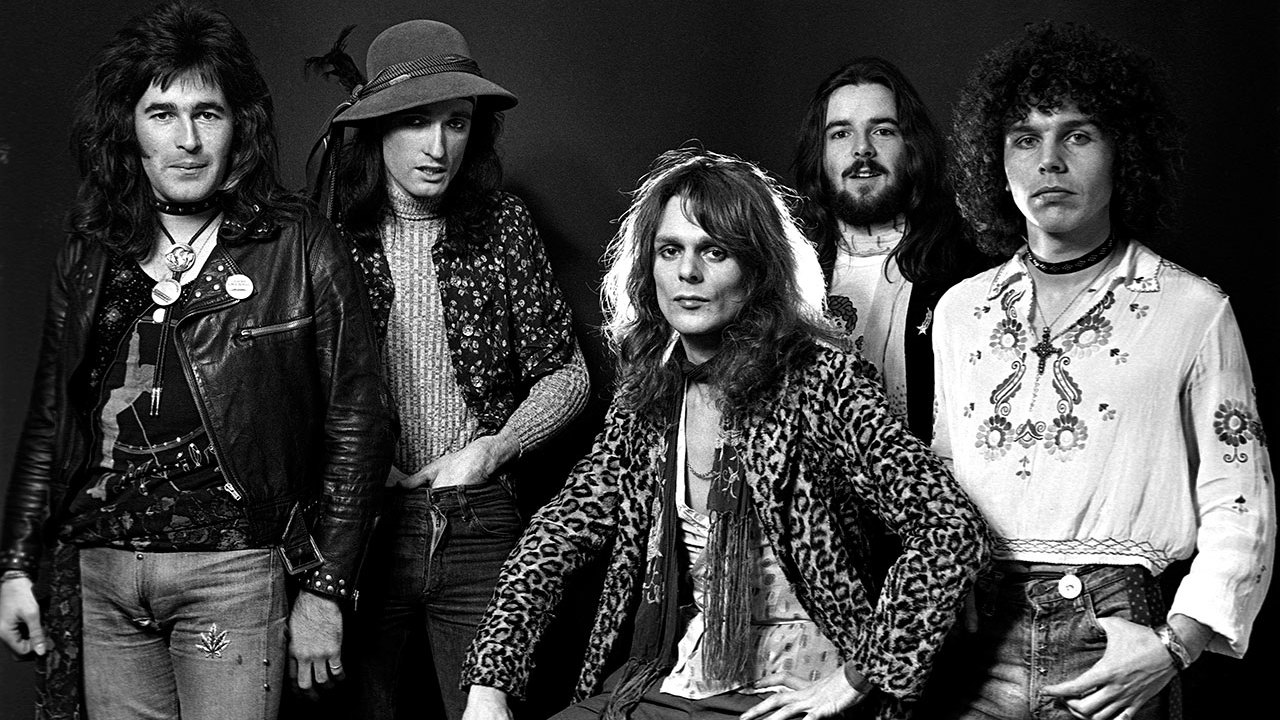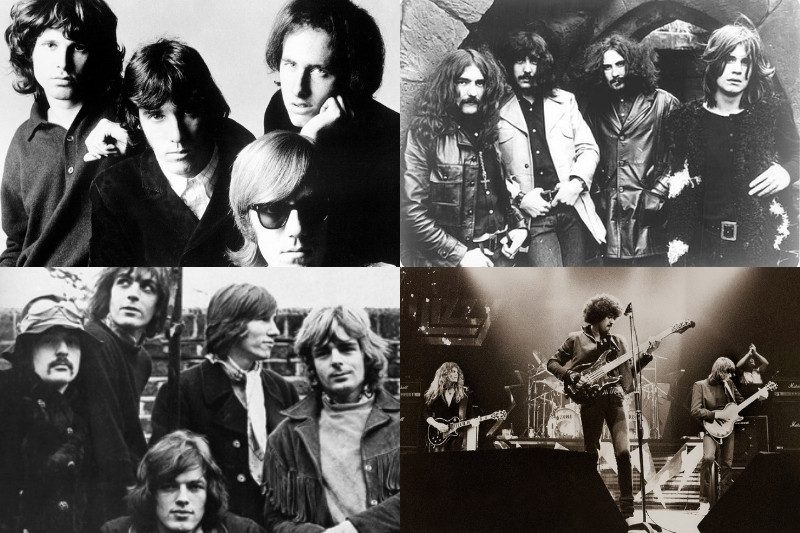The 1970s were a transformative decade for music, particularly for the genre of rock. As cultural movements and societal changes swept through the world, rock groups of the 1970's played a pivotal role in shaping the sound and spirit of the era. This period witnessed the rise of legendary bands that not only defined the genre but also influenced countless artists in generations to come. From the rebellious anthems of classic rock to the experimental sounds of progressive rock, these groups left an indelible mark on the music landscape.
In this dynamic decade, rock music evolved dramatically, with bands pushing the boundaries of creativity and expression. The melding of various musical styles, including blues, folk, and even punk, created a rich tapestry of sound. As venues filled with electrifying performances and fans sang along to timeless hits, rock groups of the 1970's solidified their status as cultural icons. The charisma of frontmen, intricate guitar solos, and powerful rhythms became hallmarks of this vibrant era.
Today, we look back at the rock groups of the 1970's to understand their impact and legacy. Whether it's the anthemic tunes of Queen, the psychedelic sounds of Pink Floyd, or the hard-hitting riffs of Led Zeppelin, these bands have left an enduring influence on contemporary music. Join us as we explore the history, key players, and unforgettable moments that defined the rock scene of the 1970s.
What Were the Key Characteristics of Rock Groups of the 1970's?
The rock groups of the 1970's were marked by distinct characteristics that set them apart from earlier eras. Here are some key features:
- Experimentation: Bands began to experiment with different musical styles, incorporating elements of jazz, folk, and even classical music.
- Stage Presence: The theatricality of performances became more pronounced, with elaborate stage setups and flamboyant costumes.
- Complex Song Structures: Many groups moved away from standard verse-chorus forms, opting for longer, more intricate compositions.
- Social Commentary: Lyrics often reflected political and social issues, resonating with a generation seeking change.
Which Rock Groups Dominated the 1970's Music Scene?
Several rock groups emerged as leaders in the music scene during the 1970s. Some of the most notable include:
- Led Zeppelin: Known for their powerful sound and complex arrangements, Led Zeppelin became a defining band of the era.
- Queen: With their eclectic style and theatrical performances, Queen captured the hearts of millions.
- The Rolling Stones: Continuing their success from the 1960s, The Rolling Stones remained a dominant force throughout the decade.
- Pink Floyd: Their innovative approach to music and concept albums set them apart from their contemporaries.
What Were the Most Influential Albums of the 1970's?
In addition to the bands themselves, the 1970s produced some of the most influential albums in rock history. Here are a few that stand out:
- Led Zeppelin IV: Featuring classics like "Stairway to Heaven," this album solidified Led Zeppelin's legacy.
- The Dark Side of the Moon: Pink Floyd's masterpiece is often cited as one of the greatest albums of all time.
- Hotel California: The Eagles' iconic album showcased their harmonies and storytelling prowess.
- A Night at the Opera: Queen's ambitious project included the legendary "Bohemian Rhapsody."
How Did Rock Groups of the 1970's Influence Future Generations?
The influence of rock groups of the 1970's can be seen in countless artists and genres that followed. Here are several ways they impacted future music:
- Genre-Blending: The willingness to experiment with different styles paved the way for genres like alternative rock and grunge.
- Lyricism: The emphasis on meaningful lyrics inspired future songwriters to delve into personal and social themes.
- Live Performances: The theatrical elements introduced in the 70s have become standard in rock concerts today.
- Music Videos: The visual aspect of music gained prominence, leading to the rise of music videos in the MTV era.
What Role Did Women Play in the Rock Scene of the 1970's?
While the rock groups of the 1970's were predominantly male, several remarkable women made significant contributions to the genre:
- Stevie Nicks: As part of Fleetwood Mac, her unique voice and songwriting helped define the band's sound.
- Janis Joplin: Although her career was cut short, her raw energy and vocal power left a lasting legacy.
- Carole King: Her album "Tapestry" became one of the best-selling albums of all time, showcasing her songwriting talent.
- Patti Smith: Known as the "punk poet," she blended rock music with poetry, influencing both genres.
How Did the Culture of the 1970's Shape Rock Music?
The social and cultural climate of the 1970's played a crucial role in shaping the music of the time:
- Political Turmoil: Events like the Vietnam War and civil rights movements influenced lyrics and themes in rock music.
- Counterculture Movements: The rise of counterculture led to a spirit of rebellion that permeated rock music.
- Technological Advances: Innovations in recording technology allowed for more complex sounds and production techniques.
- Festival Culture: Iconic festivals like Woodstock and Altamont showcased the power of live music and community.
What Legacy Do the Rock Groups of the 1970's Leave Behind?
The legacy of the rock groups of the 1970's is profound and far-reaching. They not only shaped the music of their time but also laid the groundwork for future generations of artists. Their influence can be observed in the music charts, concert halls, and even in various media today. Here are some aspects of their enduring legacy:
- Timeless Music: Many songs from the 70s continue to resonate with audiences, remaining staples on radio playlists.
- Musical Innovation: Their willingness to push boundaries in music has inspired countless artists to explore new sounds.
- Cultural Icons: The members of these bands have become cultural icons, representing the spirit of their time.
- Fan Communities: The fandom surrounding these groups has created a lasting culture that celebrates their music and contributions.
Conclusion: Celebrating the Rock Groups of the 1970's
The rock groups of the 1970's continue to be celebrated and revered for their groundbreaking contributions to music and culture. Their influence is palpable in the sounds of today, and their music remains a source of inspiration for artists and fans alike. As we look back on this iconic decade, it becomes clear that the legacy of these bands is not only about the music they created but also about the cultural shifts they inspired. The 1970s were indeed a golden era for rock, and the groups that defined it will forever hold a special place in the hearts of music lovers around the world.


